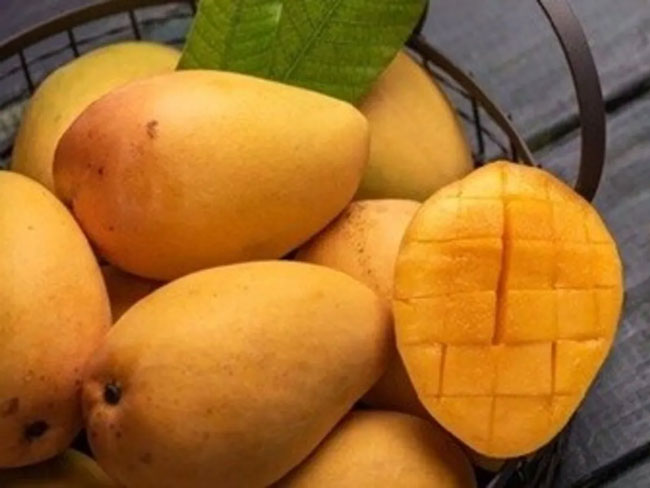From children to adults, everyone loves the flavor of mangoes. In India, mangoes are even used to prepare a variety of dishes. However, did you know that the delicious and nutritious mango can be harmful if it turns out to be adulterated? Consuming chemically ripened mangoes can ruin not just the taste but also cause serious health issues. To protect yourself from this hidden danger, here’s how you can identify adulterated mangoes.
7 Tips to Identify Chemically Ripened Mangoes
1. Check the Color
Naturally ripened mangoes never have a uniform color. They usually have a blend of green, yellow, and red shades. In contrast, chemically ripened mangoes often appear unnaturally bright yellow or uniformly colored, which is a sign of artificial ripening agents.
2. Pay Attention to the Smell
Naturally ripened mangoes emit a sweet, mild fragrance. On the other hand, chemically ripened mangoes may have a chemical smell (like carbide) or may lack any fragrance at all. If the smell seems off, avoid eating that mango.
3. Observe the Skin and Texture
The skin of a naturally ripened mango is slightly smooth and flexible. However, artificially ripened mangoes may have overly shiny, hard, or sticky skin. Presence of white powdery substances or strange marks on the skin could also indicate chemical use.
4. Press Test
A naturally ripened mango will feel soft and juicy when gently pressed, yet it retains its shape. In contrast, chemically ripened mangoes may feel unnaturally hard or overly soft and mushy inside.
5. Cut and Check the Flesh
The pulp of a naturally ripened mango is juicy and bright yellow or orange. But in the case of artificially ripened mangoes, the pulp might be unusually yellow, dry, or have brown or black patches. If there’s a chemical smell after cutting, do not consume it.
6. Taste Test
Natural mangoes taste sweet and flavorful. Chemically ripened ones may taste bitter, sour, or have a chemical aftertaste. If you feel a burning sensation or any weird taste in your mouth after eating, stop immediately – it may be adulterated.
7. Be Careful When Buying
Any fruit sold before its natural season is more likely to be artificially ripened. Mangoes available in the market before their season usually undergo chemical ripening. To avoid adulterated fruits, always buy mangoes from reliable vendors or fruit sellers.




